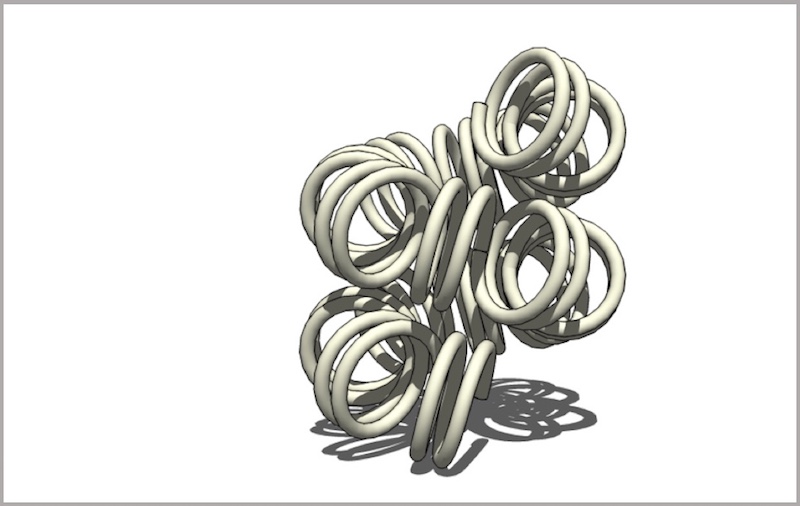Unlocking antibody diversity: chromatin loops, V(D)J recombination, and class switching

A new study from the laboratory of Frederick Alt, PhD, of the Program in Cellular and Molecular Medicine (PCMM) at Boston Children’s Hospital reveals yet another way in which chromatin regulation — changing the configuration of our DNA and its packaging — enables our immune systems to produce its wide-ranging arsenal of antibodies.
In September in the journal Nature, the Alt lab demonstrated how the formation of new loops in chromatin, known as loop extrusion, facilitates the process of V(D)J recombination, allowing bits of genetic code to be mixed and matched to generate new antibodies. The new study, published in Nature on October 30, finds that chromatin looping is also involved in another major method of antibody diversification, known as class switching.
Once V(D)J recombination assembles a specific antibody against a pathogen, class switching adjusts the class of antibody depending on where the infection is located and what kind of response is needed. For example, an infection in the mouth might trigger B cells to make IgA antibodies, found in mucous membranes, instead of IgM antibodies, found mainly in the blood and lymph fluid.
“Until now the mechanism of class switching was totally mysterious,” says Alt.
Together, the papers establish antibody formation as a poster child for the emerging field of chromatin loop extrusion and gene regulation — in which far-flung parts of the genome come together to create a rich repertoire of antibodies. “Loop extrusion contributes to both processes, but in totally different ways,” says Alt.
For details, read this Nature News & Views piece and this article on PCMM’s website.
Related Posts :
-

A new druggable cancer target: RNA-binding proteins on the cell surface
In 2021, research led by Ryan Flynn, MD, PhD, and his mentor, Nobel laureate Carolyn Bertozzi, PhD, opened a new chapter ...
-

A surprising link between Crohn’s disease and the Epstein-Barr virus
Crohn’s disease, a debilitating inflammatory bowel disease, has many known contributing factors, including bacterial changes in the microbiome that ...
-

Could peripheral neuropathy be stopped before it starts?
An increase in high-fat, high-fructose foods in people’s diets has contributed to a dramatic increase in type 2 diabetes. This, ...
-

Bringing order to disorder: Jhullian Alston, PhD
Proteins typically fold into orderly, predictable three-dimensional structures that dictate how they will interact with other molecules. Jhulian Alston, PhD, ...





